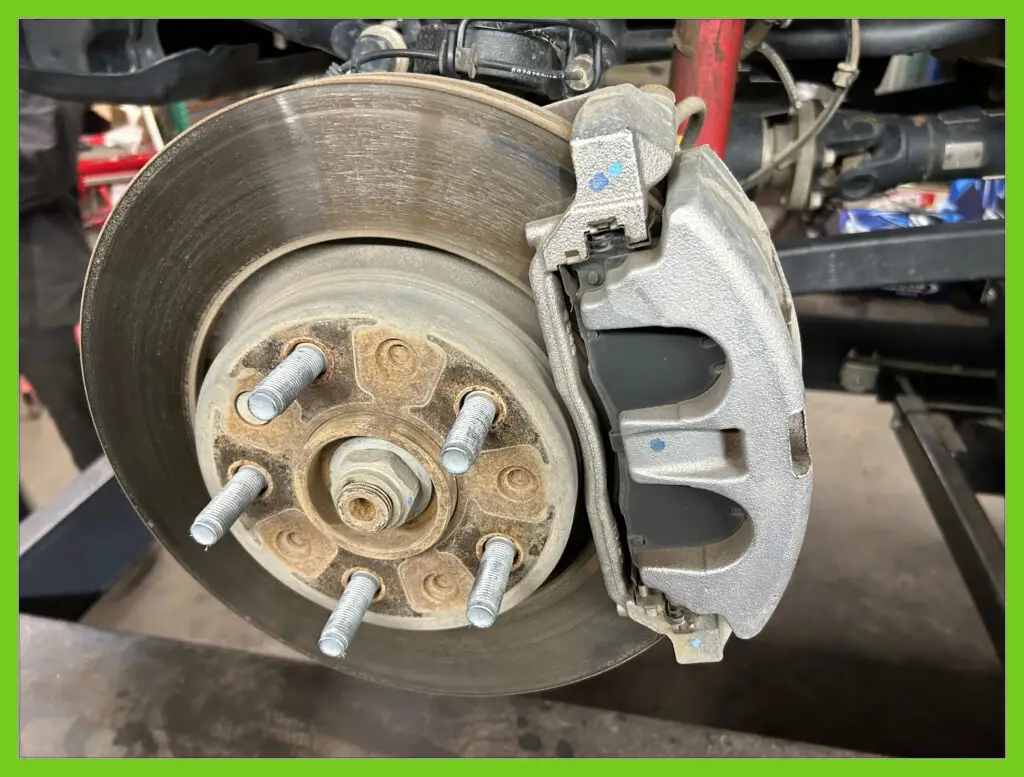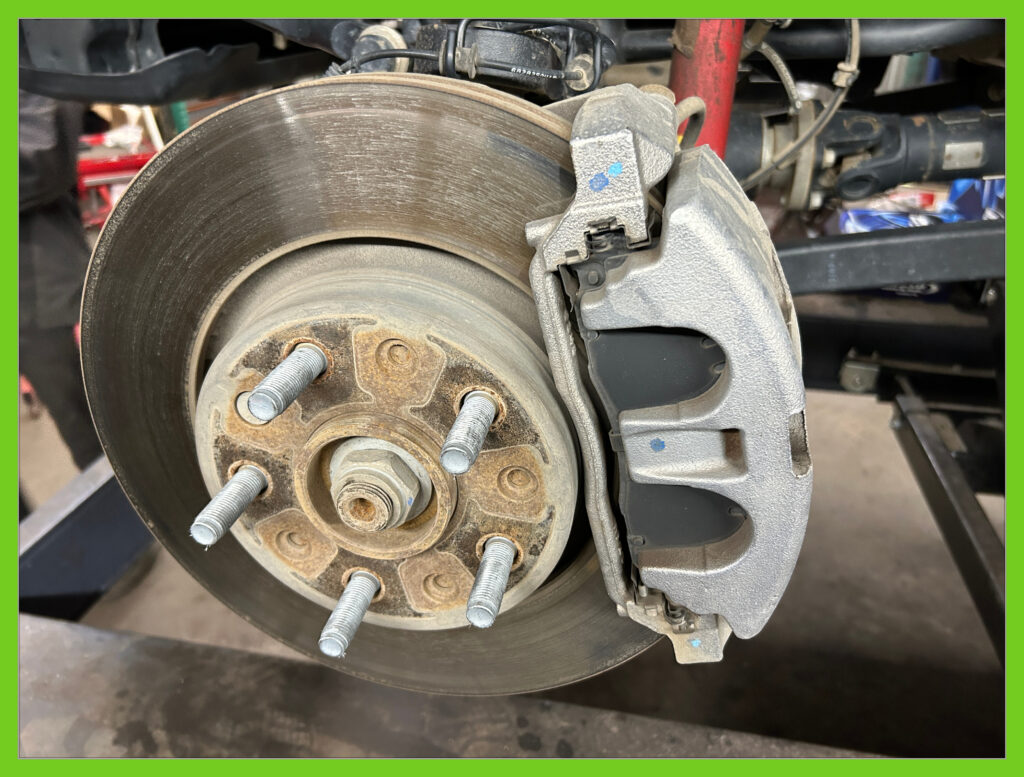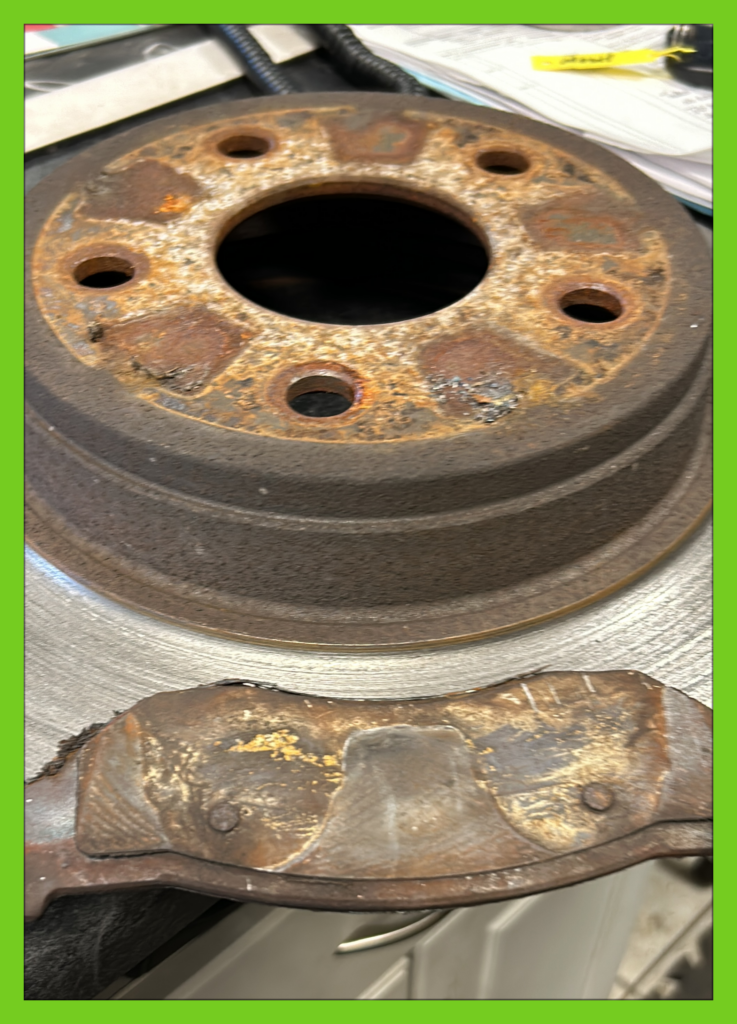Share:
Explore More Topics
Regular Brake Maintenance

Tips for Safer Driving
Ensuring your vehicle’s brakes are in optimal condition is paramount for safe driving. Regular brake maintenance not only guarantees your safety but also protects other road users. We highlight the critical importance of brake maintenance and provide essential tips on recognizing signs of brake issues.
Why Brake Maintenance is Crucial

Brakes are arguably the most important safety feature in any vehicle. They allow you to control the speed of your vehicle and bring it to a halt safely. Over time, wear and tear on brake components can compromise their efficiency, leading to increased stopping distances and, in worst-case scenarios, complete brake failure. Regular maintenance ensures that your brakes are functioning correctly, significantly reducing the risk of accidents.
Recognizing Signs of Brake Issues

Being attentive to how your brakes perform is key to identifying potential issues early. Here are some common signs that your brakes may need attention:
- Squeaking or Grinding Sounds: These noises are often the first indication that your brake pads are worn out and need to be replaced. Ignoring these sounds can lead to more serious damage to your brake rotors and higher repair costs.
- Vibrations: If you feel vibrations through the brake pedal or steering wheel when you apply the brakes, it could indicate warped rotors. This warping can cause uneven brake pad wear and reduce your vehicle’s stopping power.
- Soft Brake Pedal: A brake pedal that feels “soft” or sinks to the floor more easily than usual could indicate a leak in the brake system, either in the brake lines, master cylinder, or brake fluid reservoir.
- Warning Lights: Many modern vehicles are equipped with brake warning lights that alert you when there’s a problem with the brake system. If this light comes on, it’s a clear signal that your vehicle needs immediate attention.
Tips for Brake Maintenance
To ensure your brakes remain in top condition, consider the following maintenance tips:
- Regular Inspections: Have your brakes checked regularly by a professional, especially if you notice any of the signs mentioned above. Make sure that your brake fluid is at the proper level and replace it if it appears dirty or contaminated. A typical recommendation is to inspect your brakes at least once a year.
- Brake Fluid Checks: Brake fluid is crucial for transmitting force from the brake pedal to the brake pads. Over time, brake fluid can become contaminated, leading to reduced braking performance. Ensure your brake fluid is checked and replaced according to your vehicle manufacturer’s recommendations.
- Avoid Overloading: Heavier loads increase the strain on your brakes, leading to faster wear. Try to avoid carrying unnecessary weight in your vehicle to reduce this strain.
- Drive Carefully: Your driving habits can significantly impact the lifespan of your brakes. Avoid sudden stops and try to anticipate stops to apply the brakes gently, reducing wear and tear.
- Use Quality Parts: When replacing any parts of your brake system, opt for high-quality components that match your vehicle’s specifications. Cheaper alternatives may save money upfront but can lead to more frequent replacements and reduced safety.
- Inspect your brake pads and rotors: Regularly check the thickness of your brake pads and the condition of your brake rotors to ensure that they are in good condition.
Regular brake maintenance is not just about prolonging the life of your vehicle; it’s a crucial practice for ensuring your safety and that of others on the road. By staying vigilant for signs of wear and following the maintenance tips outlined above, you can ensure your brakes remain effective and keep your driving experiences safe and enjoyable. Remember, when it comes to brakes, never compromise on safety.
